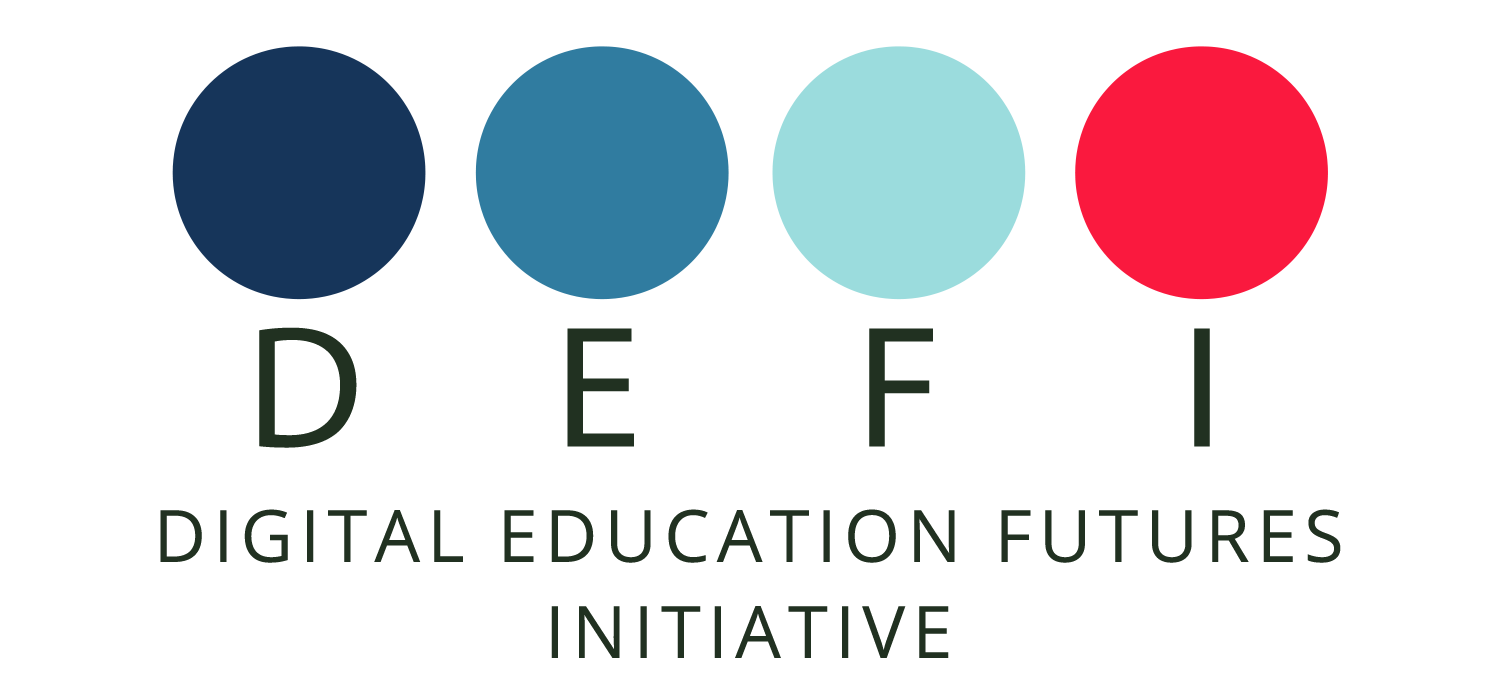Studying the ethics and integrity of the metaverse
Cognitive, sensorial, and physical reactions to digital environments
As people we spend most of our time interacting with objects, services and environments that substantially affect our capabilities, socio-emotional behaviour, well-being and participation in society. In recent years there has been a shift in how social interactions are developed, nurtured and evolved. The recent COVID-19 pandemic, as well as the evolved daily life routines of millions of people across the world, sparked the development of technologies that support education, work, entertainment and socialization within digital, virtual environments.
We are all very aware of how platforms such as Microsoft Teams, Zoom, Webex, Microsoft OneDrive, Google Docs, Mural, Miro are fostering ways to collaborate, work and educate people from different areas of the world. Similarly, in the fields of social interaction and education, a paradigm shift is happening. The access to various technologies is enabling a new cohort of individuals to benefit from more connected and collaborative ways of learning, teaching, socialising and living a digital life through smartphones, tablets, wearable devices and (very soon) augmented reality glasses and virtual reality glasses.
Several tech companies recently invested a considerable budget to develop media, entertainment and learning content within digital and virtual environments. They are currently named as the Metaverse, the Omniverse, and the Multiverse, just to cite a few. These digital, virtual environments, together with their correlated technologies (e.g., VR/MR glasses, wearable devices, etc.) can provide novel sensorial experiences by sparking new cognitive, sensorial, and physical reactions compared to what people can experience with other mainstream consumer electronics. However, little research and knowledge sharing has been done on the culture of accessibility, inclusion and integrity across media, entertainment, and learning content within digital, virtual environments.
By considering the cognitive, sensorial, and physical reactions that can trigger new behavioral and social responses to individuals who use digital, virtual environments, I am working together with Prof. P.J. Clarkson from the Engineering Department at the University of Cambridge to develop a new research field that studies the ethical and integrity implications of the Metaverse (www.metavethics.com).
Research-based approach to inclusive digital environments
Furthermore, after cutting-edge research findings published in the Telematics and Informatics journal, I’ve collaborated with DEFI director Prof. Rupert Wegerif and other members of the Hughes Hall Bridge to promote the creation of a new initiative that broadens the spectrum of the impact of ethics and integrity towards digital and virtual environments for education, entertainment, work and socialization.
With the new Sustainable Ethics for Inclusive Digital Environments (SEIDE) initiative at the Digital Education Futures Initiative at Hughes Hall, a panel of top experts from different fields is ready to offer support to organizations by investigating, discovering and assessing the design and development of digital and virtual environments according to sustainable ethical principles, such as inclusion, diversity, equity, access, safety and privacy.
More from DEFI
Research, training, and advocacy
The mission of the SEIDE initiative is to strengthen the engagement with the community by accelerating the dissemination of cross-disciplinary research outputs while helping organizations to make positive change and translating research knowledge to influence policy makers and international standards organizations.
The Sustainable Ethics for Inclusive Digital Environments (SEIDE) initiative will focus on three core offers.
- Develop, curate and disseminate cutting-edge research knowledge through consulting and community engagement activities. We are an international community of researchers, scientists and expert professionals that investigates and disseminates cutting-edge research on the ethical aspects of inclusion, diversity, equity, access, safety and privacy to support organizations to design the right digital and virtual tools, technologies and content for people around the world.
- Provide educational training to organizations that need to quickly evolve by being human-centred and ethically compliant. With a bespoke training program, SEIDE empowers trained professionals with a seal of excellence from the University of Cambridge – SEIDE program that will allow to promote and assess the ethical compliancy of digital and virtual environments.
- Advocate for the creation of new standards, policies and legislations at an international level. Through the partnership of researchers and a network of experts in standards development and policy making SEIDE will influence, advocate and develop new policies and standards that help organizations to adhere to the Sustainable Development Goals by building ethically compliant digital and virtual environments for education, entertainment, work and socialization.
The Sustainable Ethics for Inclusive Digital Environments initiative at the Digital Education Futures Initiative (DEFI) at Hughes Hall – University of Cambridge is grounded on scientific foundations and aims to further develop studies, conversations and opportunities to consult as with businesses that have particular needs to assess and validate products and content delivered through digital, virtual environments for education, entertainment and work purposes.
We strongly believe in the power of bridging the knowledge generated from academic research to the policy making and business sector to help organizations to build more inclusive, safer products and services that make a positive impact for the people across the world.
Matteo Zallio
Principal Investigator
 Matteo Zallio, M.Arch, Ph.D., is a research by-fellow at Hughes Hall, University of Cambridge, as well as an award-winning designer, researcher, and adjunct professor. He is currently a Marie Curie senior research fellow at the University of Cambridge and previously a Fulbright fellow at Stanford University and an A. Graves fellow at Technological University Dublin. His research focuses on the study and design of inclusive products and experiences for users of all abilities.
Matteo Zallio, M.Arch, Ph.D., is a research by-fellow at Hughes Hall, University of Cambridge, as well as an award-winning designer, researcher, and adjunct professor. He is currently a Marie Curie senior research fellow at the University of Cambridge and previously a Fulbright fellow at Stanford University and an A. Graves fellow at Technological University Dublin. His research focuses on the study and design of inclusive products and experiences for users of all abilities.


0 Comments